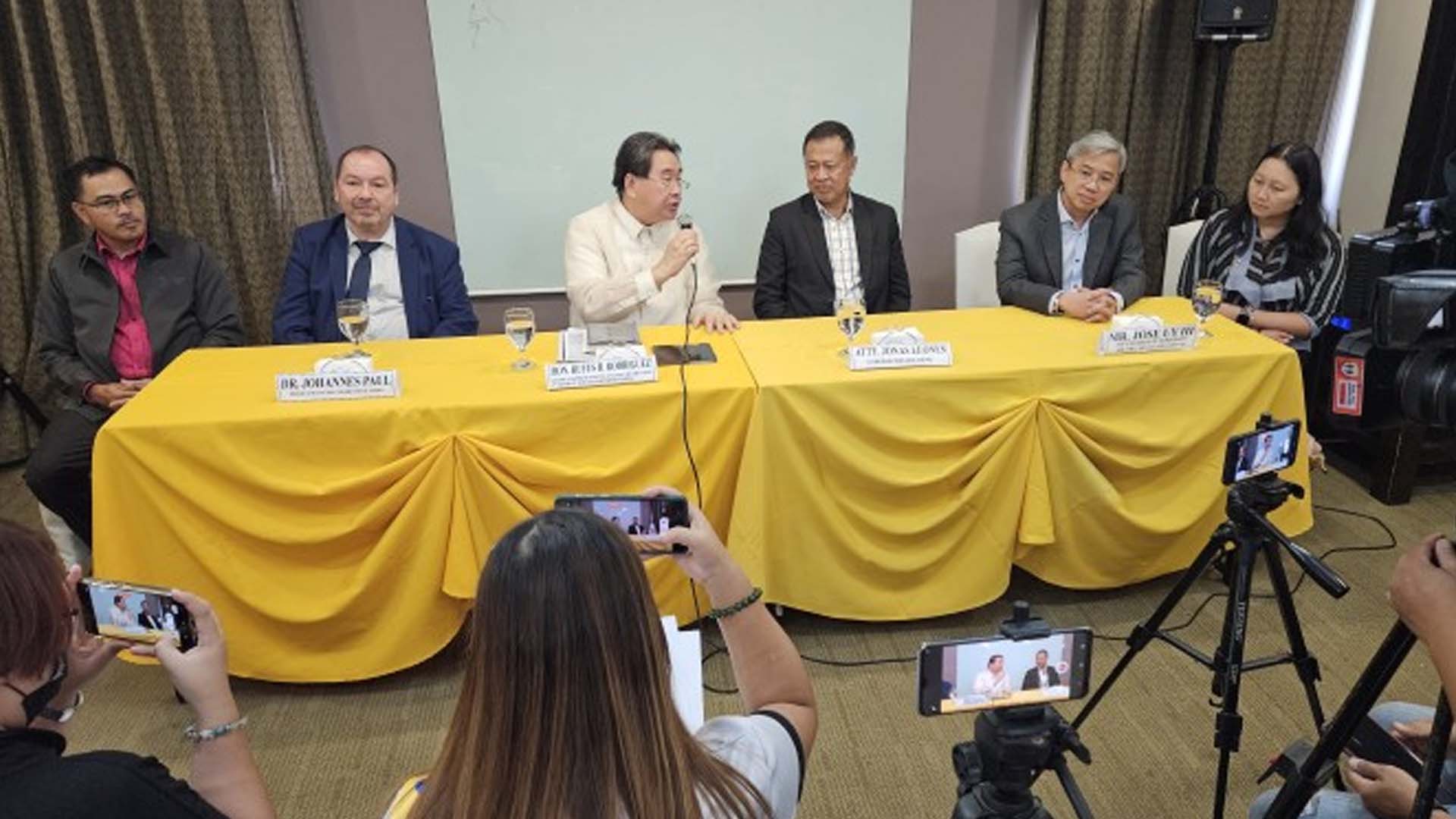The Department of Environment and Natural Resources (DENR) expressed readiness to help businesses comply with the Extended Producer Responsibility (EPR) law rather than impose penalties.
During a forum here Friday, DENR Undersecretary for Policy, Planning, and International Affairs Jonas Leones said the agency seeks to encourage businesses to participate in modern solid waste initiatives under the EPR law.
“We are leaning towards the compliance of businesses instead of penalizing them, and we are willing to sit with them and talk about proposals on solid waste management,” he said.
Republic Act (RA) 11898, or the EPR Act that lapsed into law in 2022, amended provisions of RA 9003 or the Ecological Solid Waste Management Act of 2000.
Cagayan de Oro City 2nd District Rep. Rufus Rodriguez, the author of RA 11898 in the House of Representatives, said the amended law emphasizes the responsibility of the business sector – particularly large enterprises – to have a solid waste mechanism to reduce plastic and other garbage.
“In the original bill I included the medium enterprise businesses, it was removed in the Senate version; two to three years from now, I will file an amendment (bill) which will include again the medium enterprises,” he said.
RA 11898 set targets for the recovery of the plastic product footprint of large enterprises that by 2028, at least 80 percent will be collected and diverted to sustainable use and circular economy.
Failure to comply carries fines ranging from PHP5 million to PHP20 million.
In her message, DENR Secretary Maria Antonia Yulo-Loyzaga said of the 61,000 metric tons of solid waste generated daily in the Philippines, up to 24 percent is plastic, of which the biggest source comprises packaging materials that often go along in open environments and bodies of water. (PNA)







